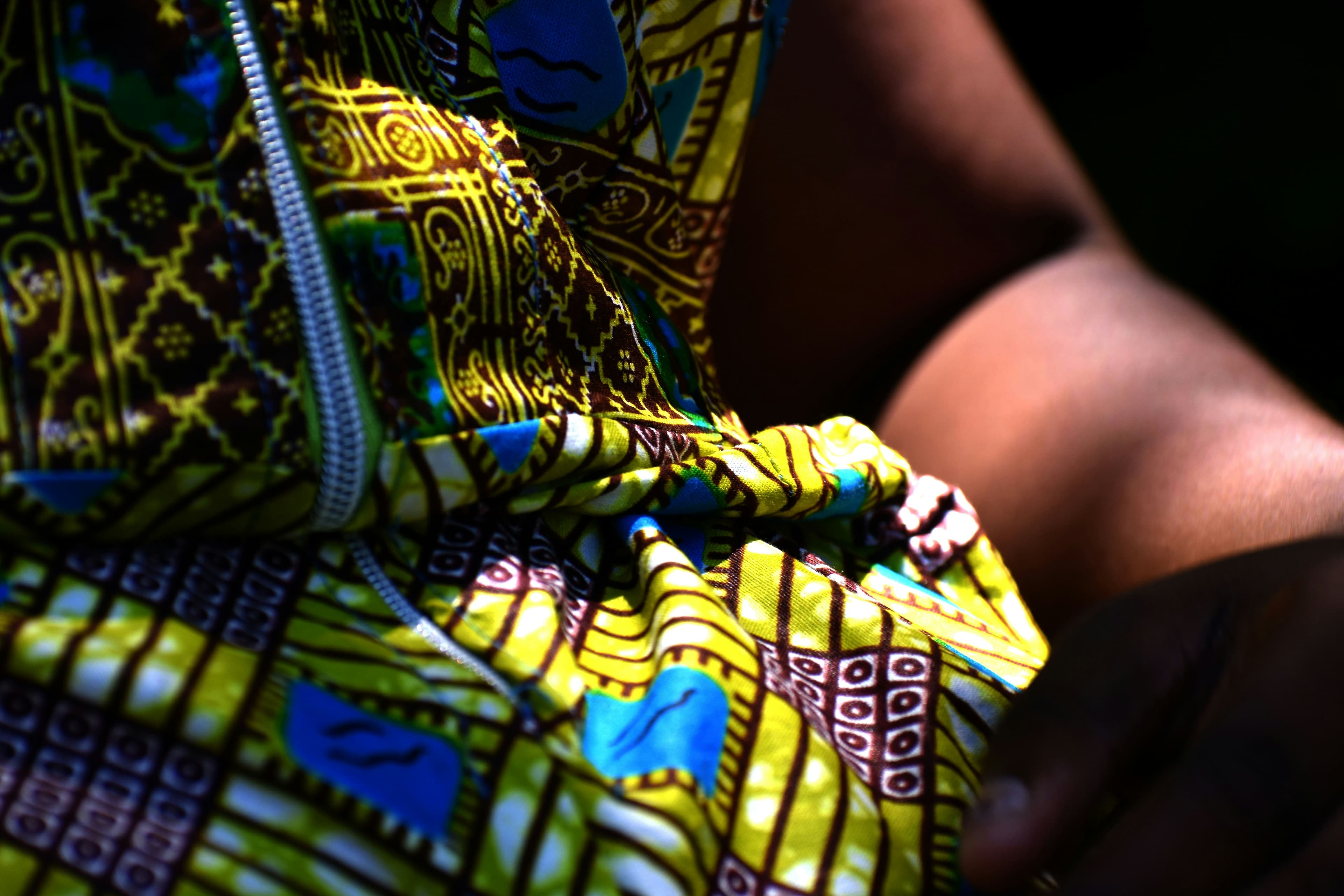Breaking Barriers: How AI is Transforming African Languages

Africa is home to over 2,000 languages—each one carrying centuries of culture, tradition, and identity. Yet, in today’s digital age, many of these languages remain underrepresented online. This lack of visibility limits access to information, education, and economic opportunities for millions of people across the continent.
The good news? Advances in AI-powered transcription and translation are beginning to change that. By making African languages more accessible in digital spaces, we’re not only breaking down communication barriers but also preserving the continent’s rich linguistic diversity.
The Challenge: African Languages in the Digital Age
For decades, mainstream AI transcription and translation tools have focused on widely spoken global languages such as English, Mandarin, and Spanish. African languages like Hausa, Yoruba, Swahili, and Igbo were often overlooked, creating a digital divide that excluded millions from fully participating in online education, governance, and commerce.
The complexity of many African languages also posed unique challenges. Tonal variations, cultural context, and linguistic diversity made it difficult for traditional AI models to achieve accuracy. This gap highlighted the urgent need for African-centric language AI solutions.
The Rise of AI-Powered Transcription and Translation
Recent advances in natural language processing (NLP) are now addressing this challenge. Innovative companies such as OrbitalsAI are developing speech intelligence solutions tailored to African languages, enabling more inclusive digital participation.
Key innovations include:
Speech-to-Text Transcription AI models trained on African languages can now accurately convert spoken words into text, supporting education, media, and governance.
Machine Translation Advanced systems are enabling seamless communication between African and global languages, fostering cross-cultural understanding and business collaboration.
Multilingual Chatbots and Assistants Governments and businesses are leveraging AI-powered assistants that respond in local languages, improving service accessibility for millions.
Preserving African Linguistic Heritage
AI transcription and translation are not just about breaking barriers—they’re also about preserving endangered languages. Many African languages risk extinction due to declining use among younger generations. By digitizing and integrating them into modern tools, AI ensures these languages survive and thrive in the digital era.
The Future of AI for African Languages
The next wave of African-focused transcription and translation technology is set to transform multiple industries:
Education: E-learning platforms that deliver content in native languages improve comprehension and learning outcomes.
Healthcare: Doctors and nurses can communicate better with patients in their local dialects, improving care and trust.
Media & Entertainment: African films, music, and storytelling can reach broader audiences through accurate subtitles, dubbing, and transcription.
Conclusion: Building an Inclusive Digital Africa
Breaking language barriers in Africa is about more than technology—it’s about inclusion, empowerment, and cultural preservation. As transcription and translation tools continue to evolve, they hold the potential to reshape Africa’s digital future, ensuring no voice is left unheard.
At OrbitalsAI, we’re proud to lead this transformation with speech intelligence solutions built for Africa.
✨ Join us in shaping a future where every African language thrives in the digital world.